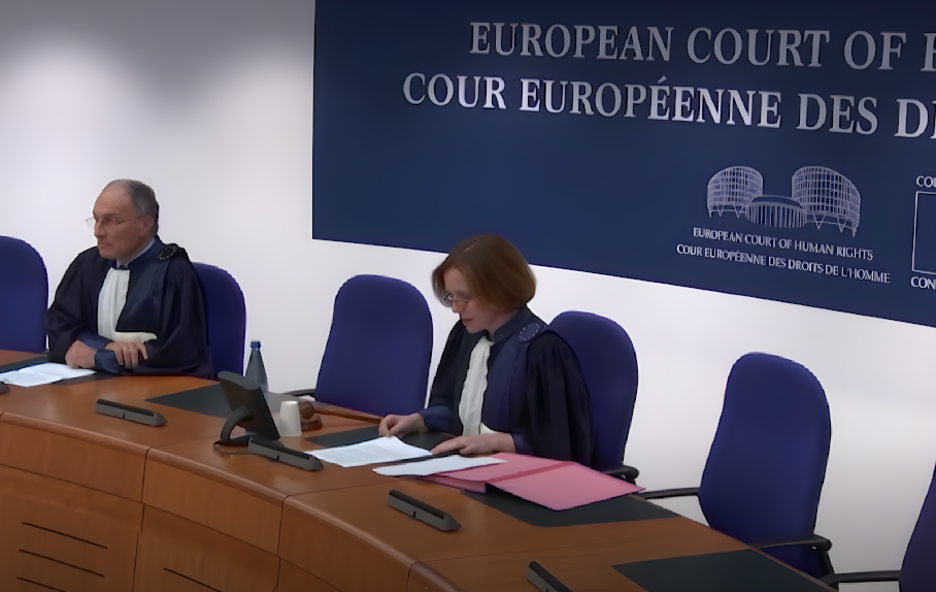By: Kendall Hay
Journal of Global Rights and Organizations, Senior Articles Editor
DHAKA, Bangladesh – Violence has recently been erupting in Bangladesh over the upcoming 2023 national election. The current regime has been actively working to silence anyone who chooses to speak out against them. The last general election in 2018 saw similar protests, and accounts of rigged election procedures were reported. The current Prime Minister, Sheikh Hasina, has been in power for 13 years and has won the last three consecutive elections.

The primary opposition party, Bangladesh Nationalist Party (BNP), has been the prime target of violence and mass arrests. Leaders in this party have faced interrogation, torture, raids, and other methods intended to silence any resistance.
Although there have been peaceful protests, these demonstrations represent the voice of the people asking for the current leader to step down.
Pre-election violence has also ramped up against the relatives of those who are speaking out against the government. Because of loopholes in certain laws, some of these individuals have been arrested without a warrant and have been tortured for their political views without due cause. Police are not working to protect the people, but have been quelling any uprising by using rods, stones, and other means of violence in an effort to “maintain peace”.
The Bangladesh government has repeatedly upheld its stance on “democracy, human rights, and justice”, but as there continues to be an uptick in violence, many fear the election procedures will be no different than the last, which many claim were prejudiced and fraudulent.
Journalists are also currently living in apprehension of being tortured and silenced, and even fear for their lives for speaking out against the current government. Investigative journalists have recently been targeted, and several who have dared to speak out against the government have later been reported missing. One such case involved a journalist who reported on a sex-trafficking ring involving government officials, and then later was stated missing. It has also been reported that these journalists have been interrogated in inhumane conditions and left in isolation.
In addition to the unjust treatment of journalists, homes of BNP supporters have been raided, where police are targeting those opposed to the current regime. The BNP also claims that over 180,000 cases have been filed against members of their party in the last 10 years. Cases are also filed with unknown defendants, so that police have a wider berth of accused individuals which they can arrest, interrogate, and keep in custody.
The White House has recently called on the Bangladesh government to investigate the human rights abuses against journalists and activists as reports of injuries and deaths have reached the United States. The US has also asked that the government encourage peaceful protests without intimidation, violence, or fear. The US will continue to monitor the situation closely until the upcoming election.
For further information, please see:
Human Rights Watch – Bangladesh: Crackdown on Political Opposition – Oct. 10, 2022
BBC – Bangladesh accused of violent crackdown on free speech – Dec. 10, 2022
AlJazeera – Bangladesh opposition stages protests as it challenges PM Hasina – Dec. 11, 2022



